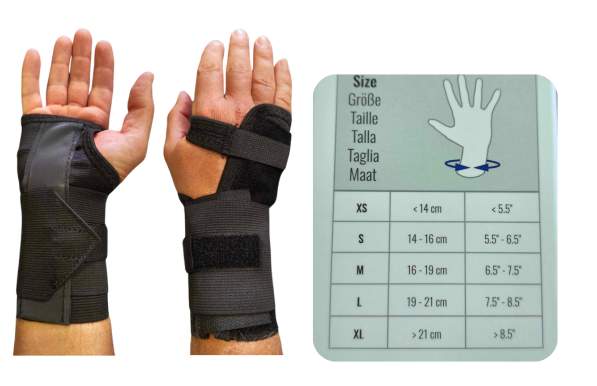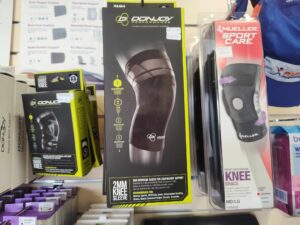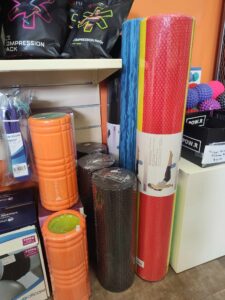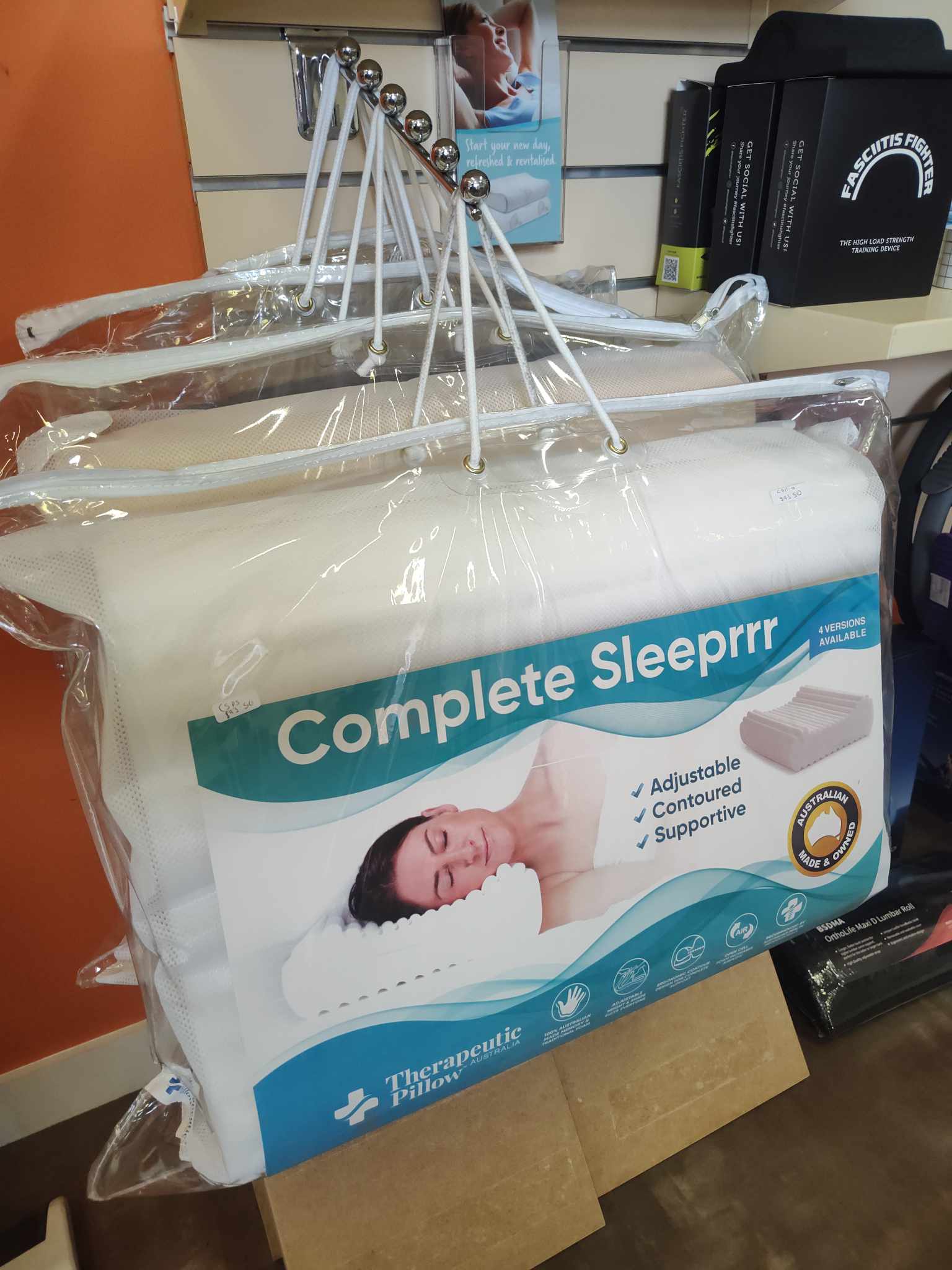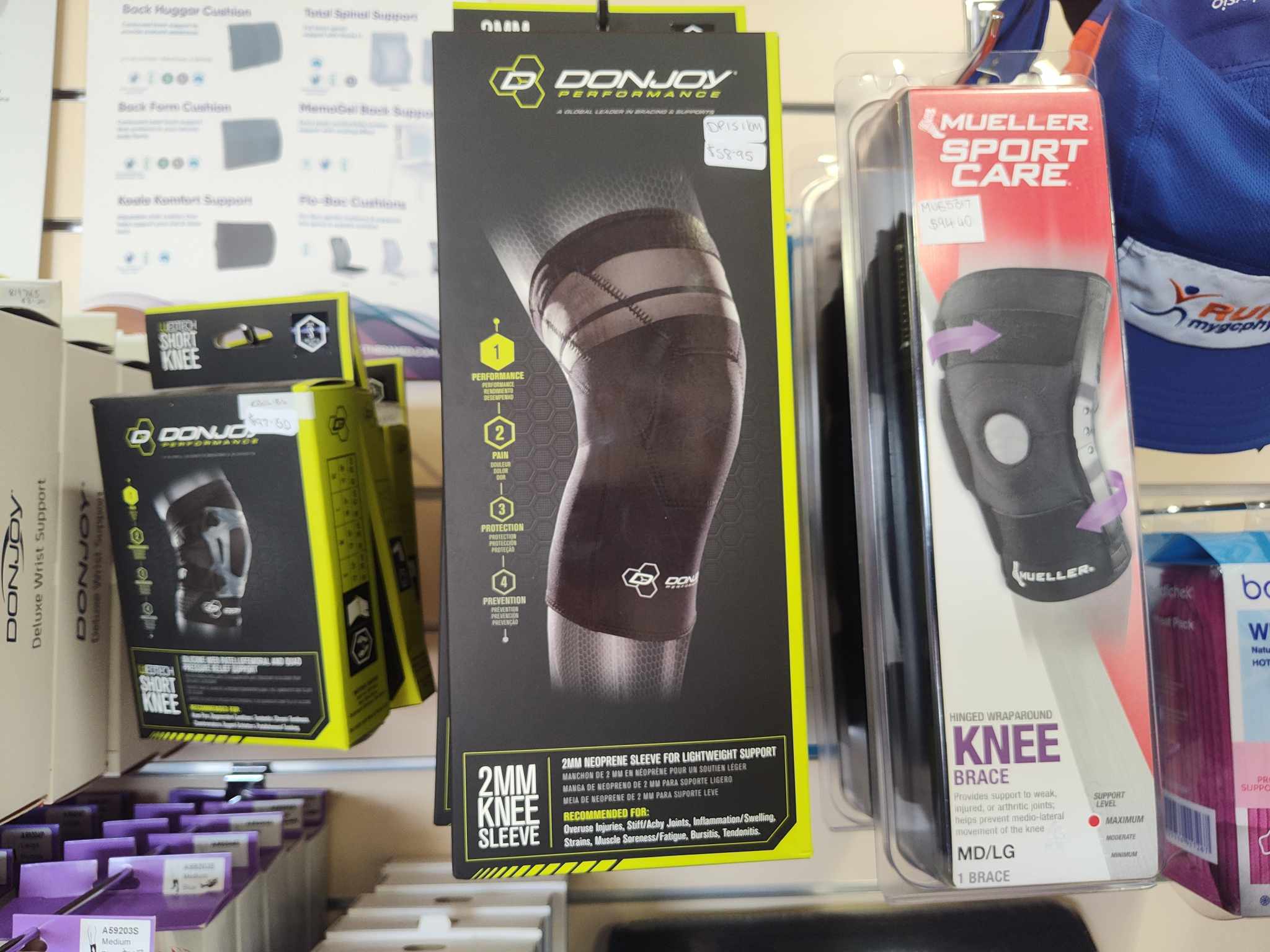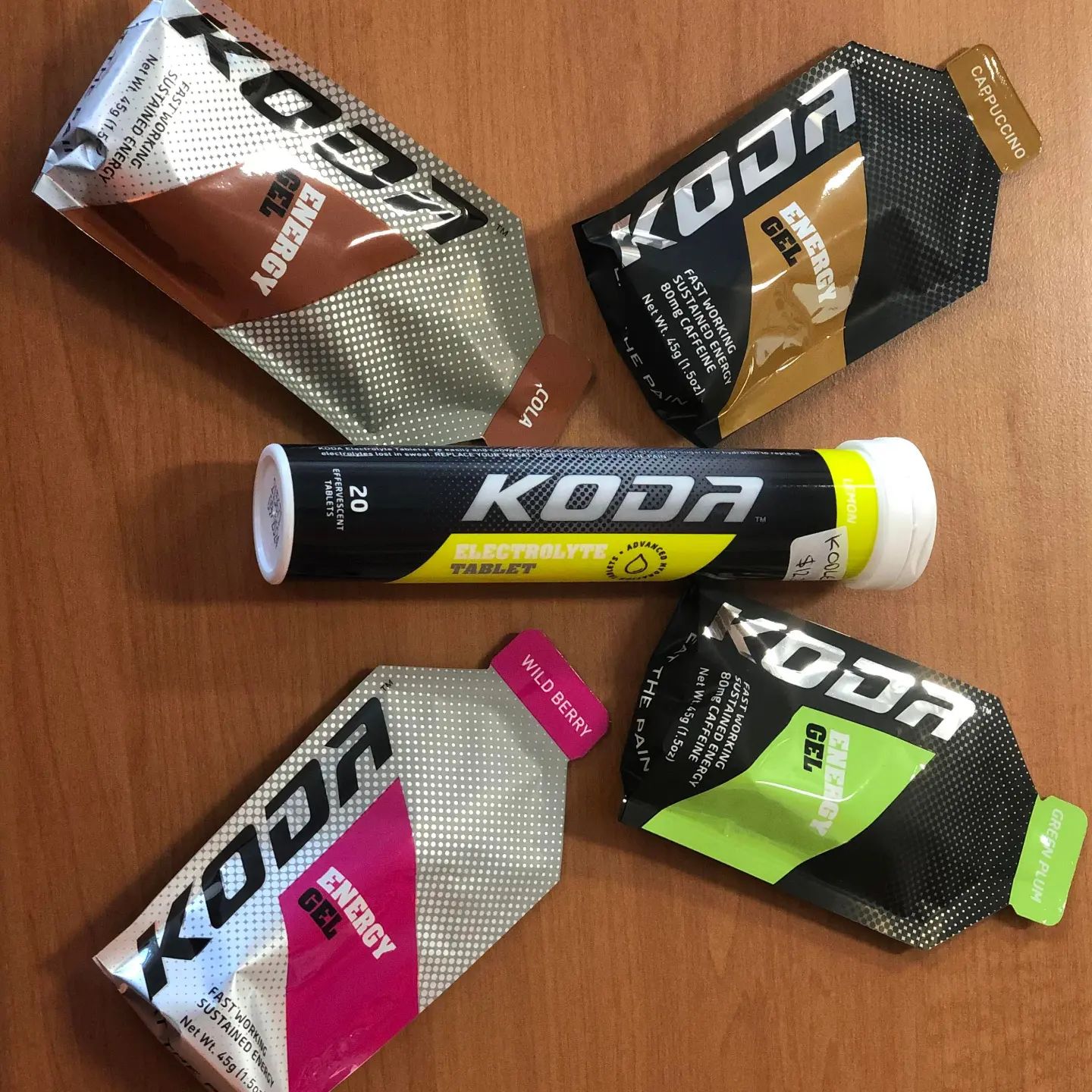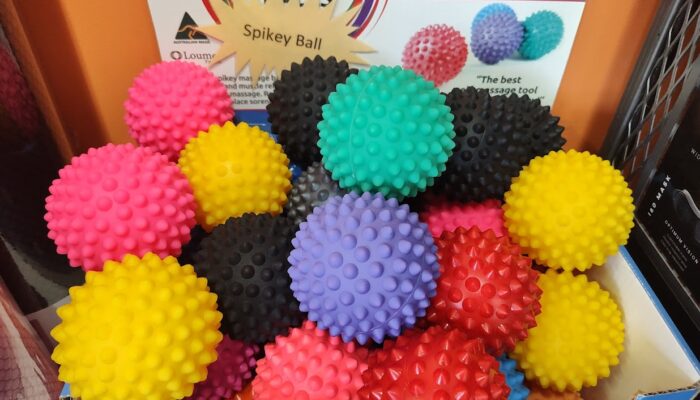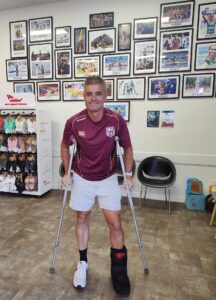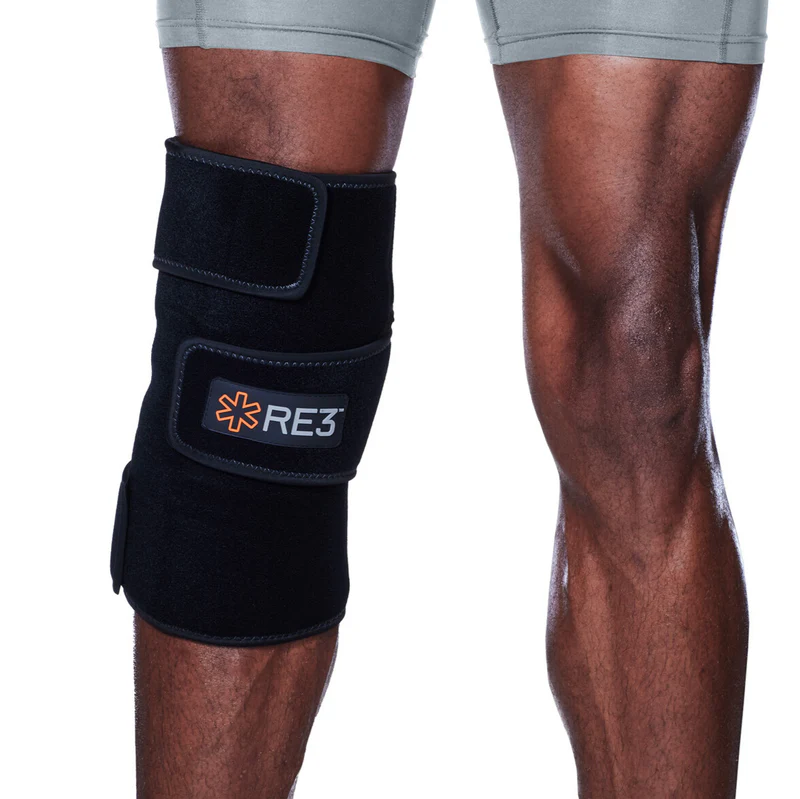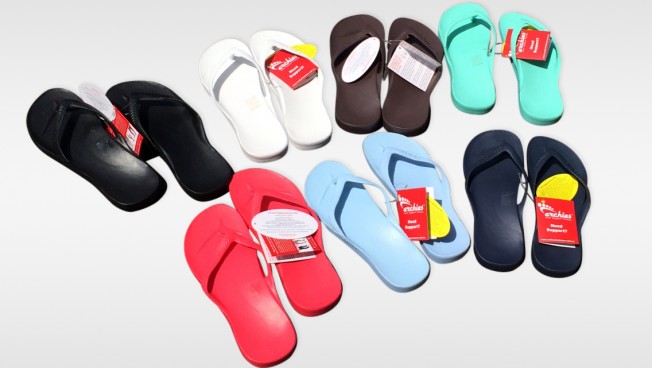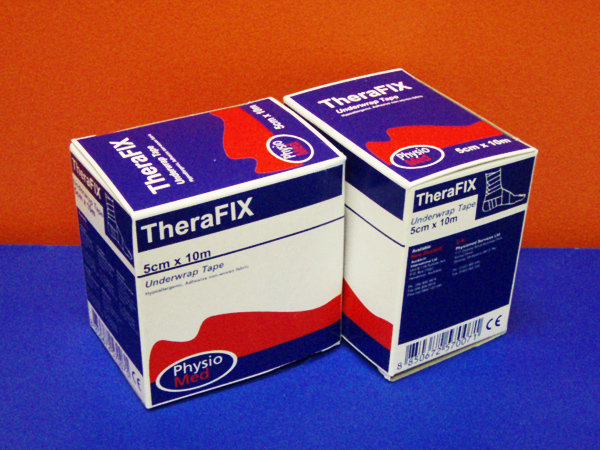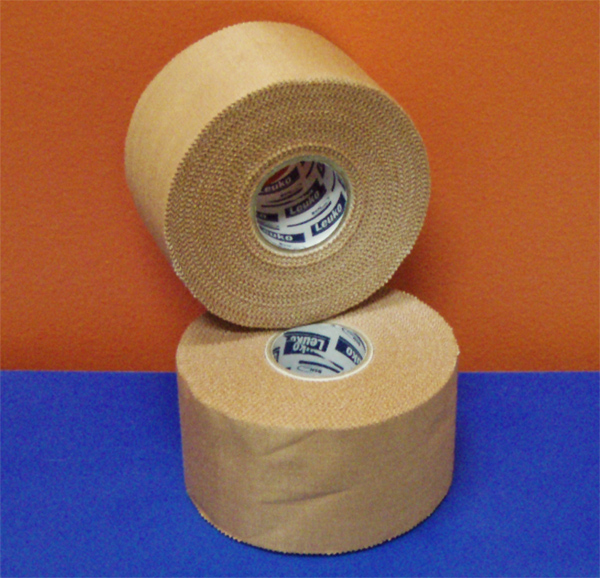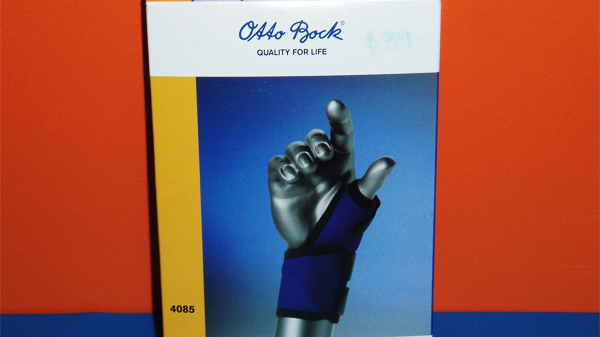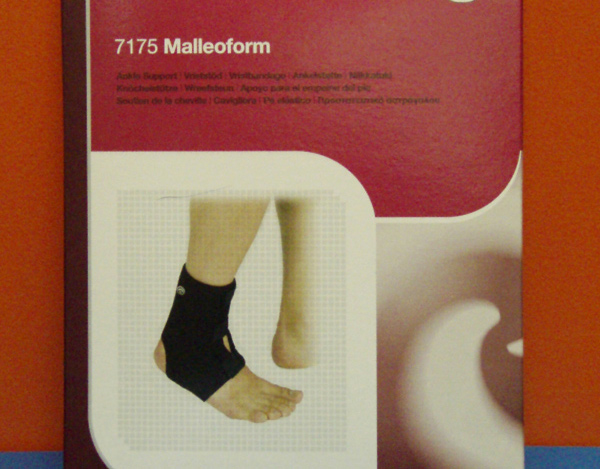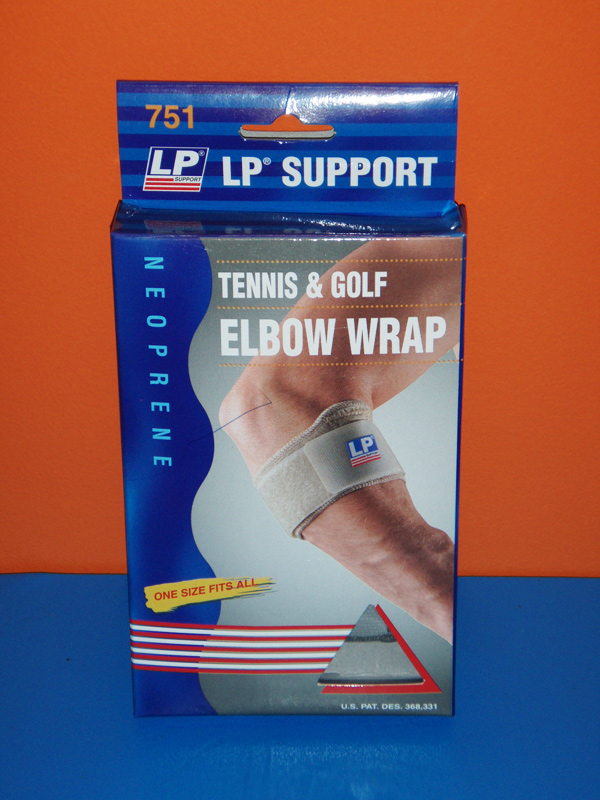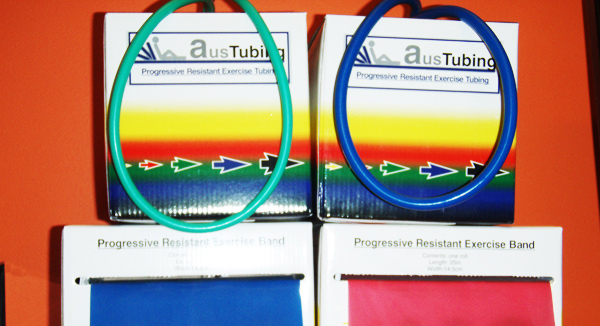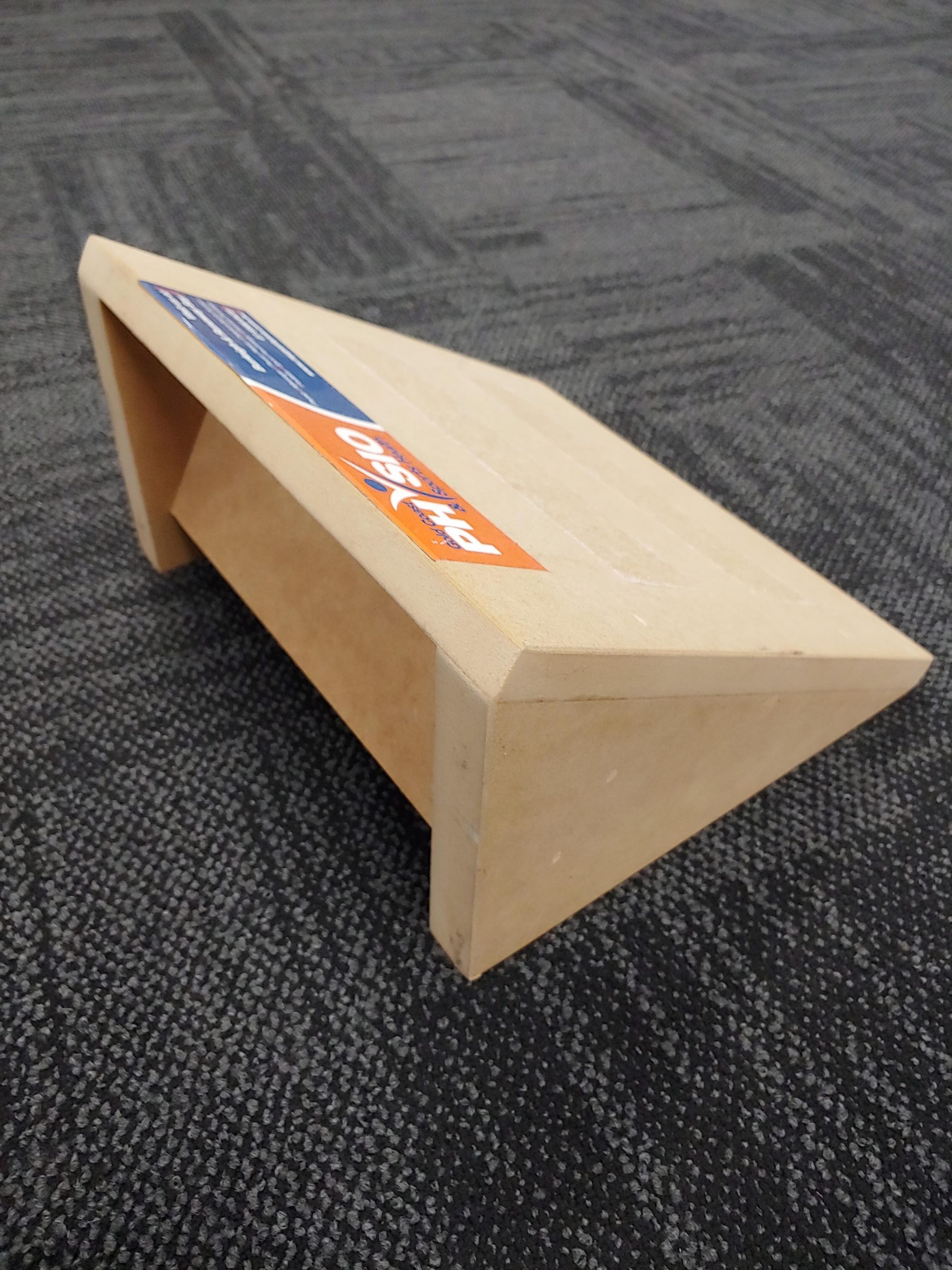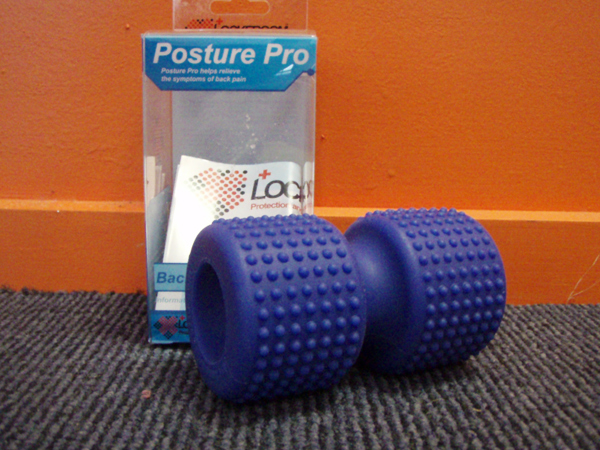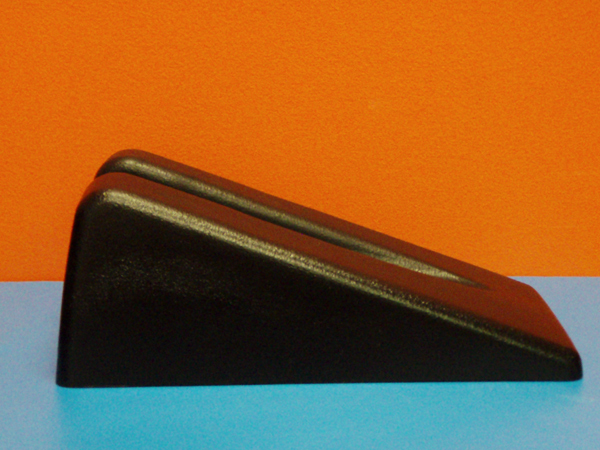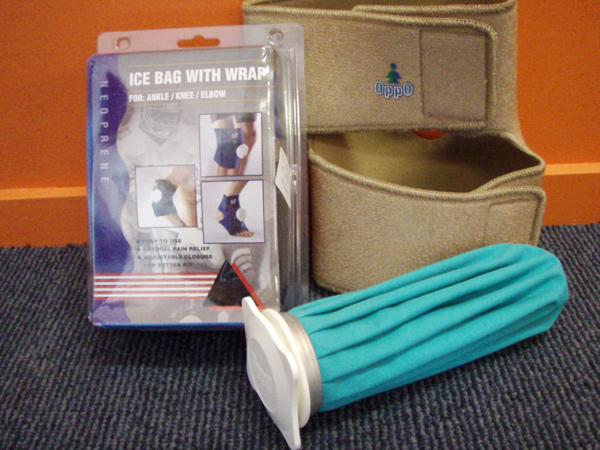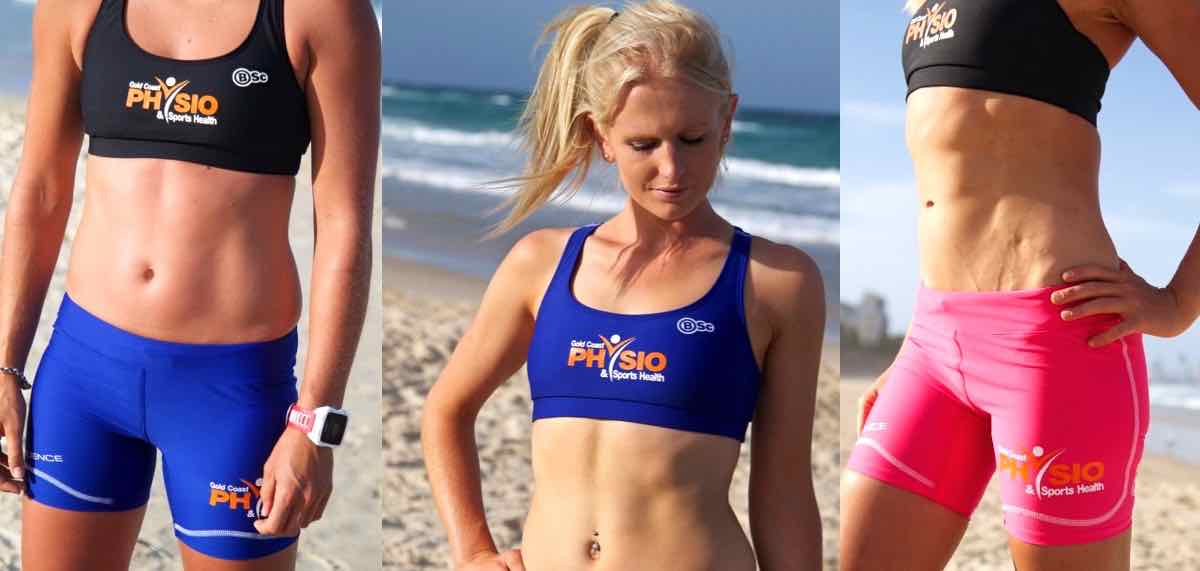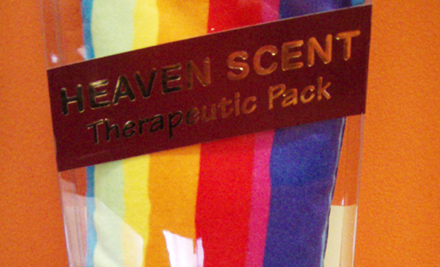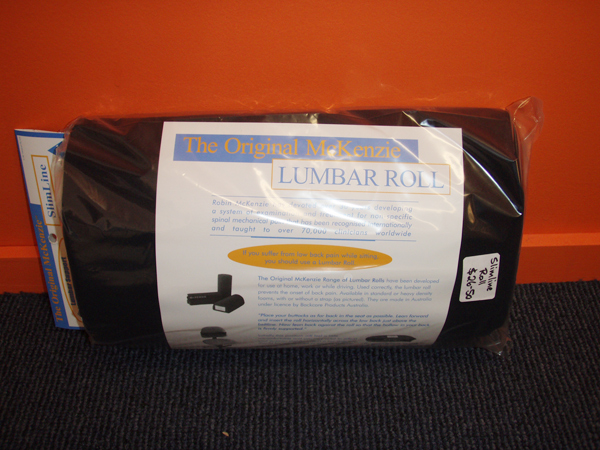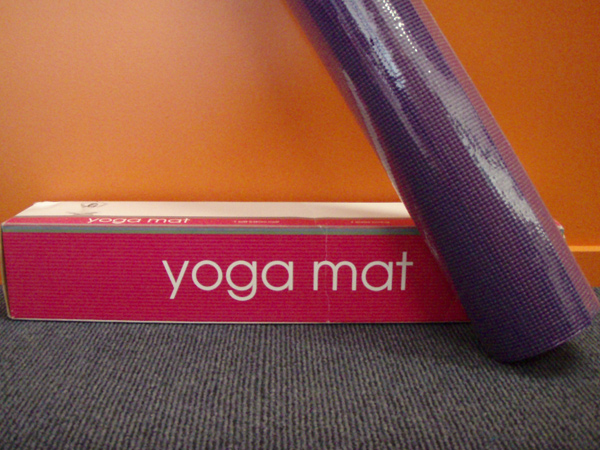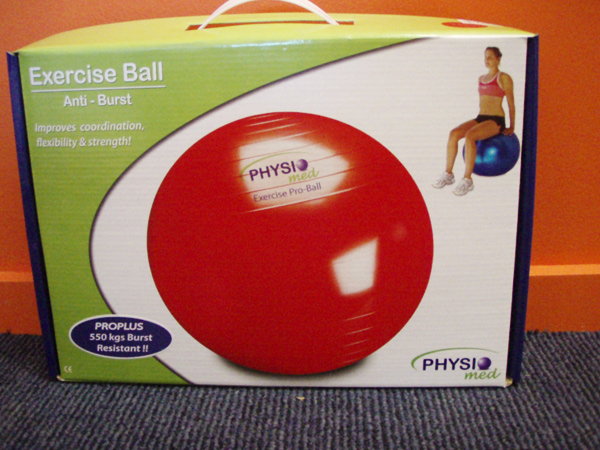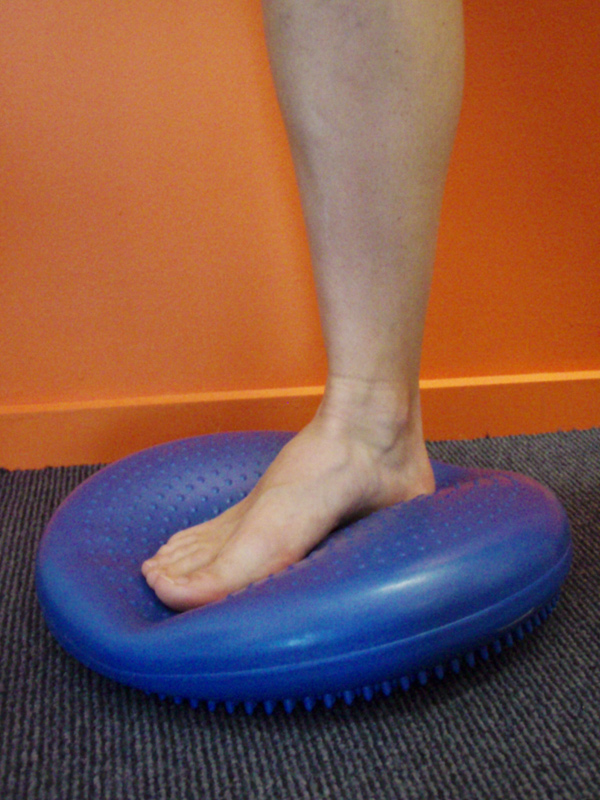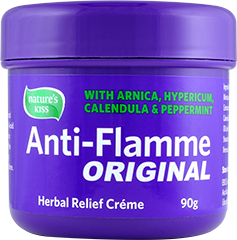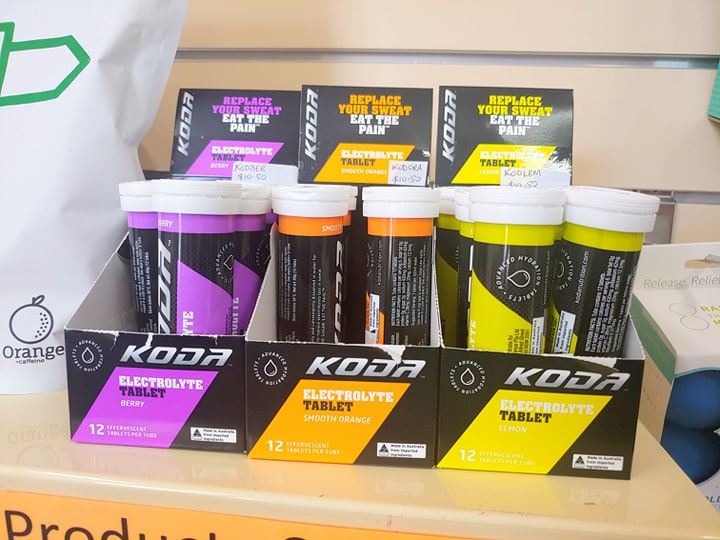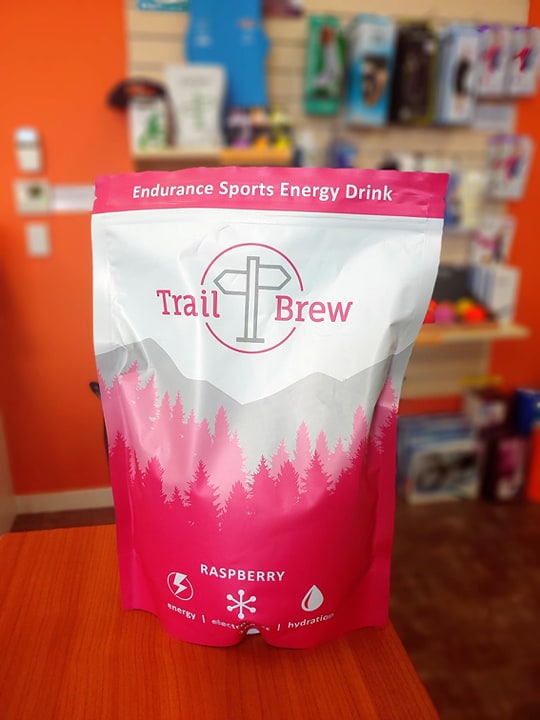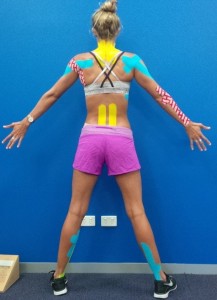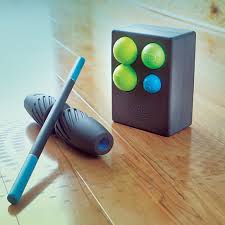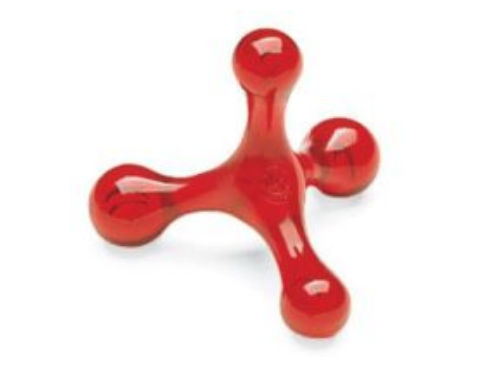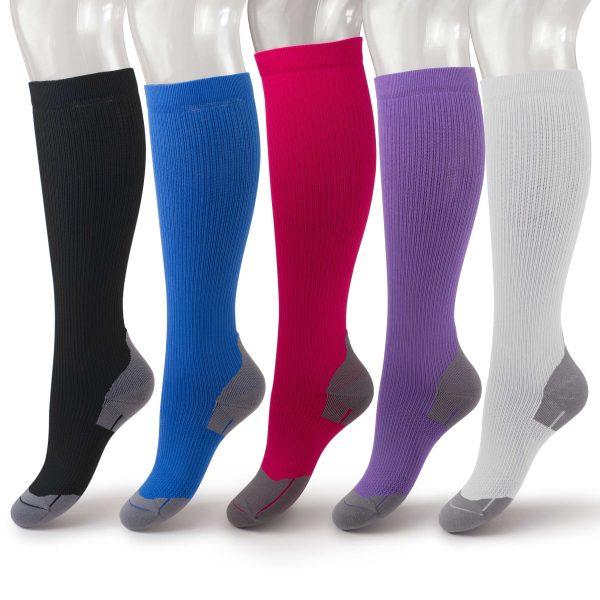Are your kids complaining of sore knees? Osgood-Schlatters Knee Pain in active Kids
By Physio, Ashlee Insch
Children and adolescents go through many growth spurts as they grow into young adults, which means their bones and muscles have to get longer and stronger. Many of our children are very active through school sport and club sport, which means their bones, and growth plate areas take a lot of load/force on a regular basis.
A really common growing injury we see at Gold Coast Physio & Sports Health- more so in our younger boys (typical age 11-15), compared to young girls (typical age 8-13)- is ‘Osgood-Schlatters’ at the knee.
What is Osgood-Schlatters?
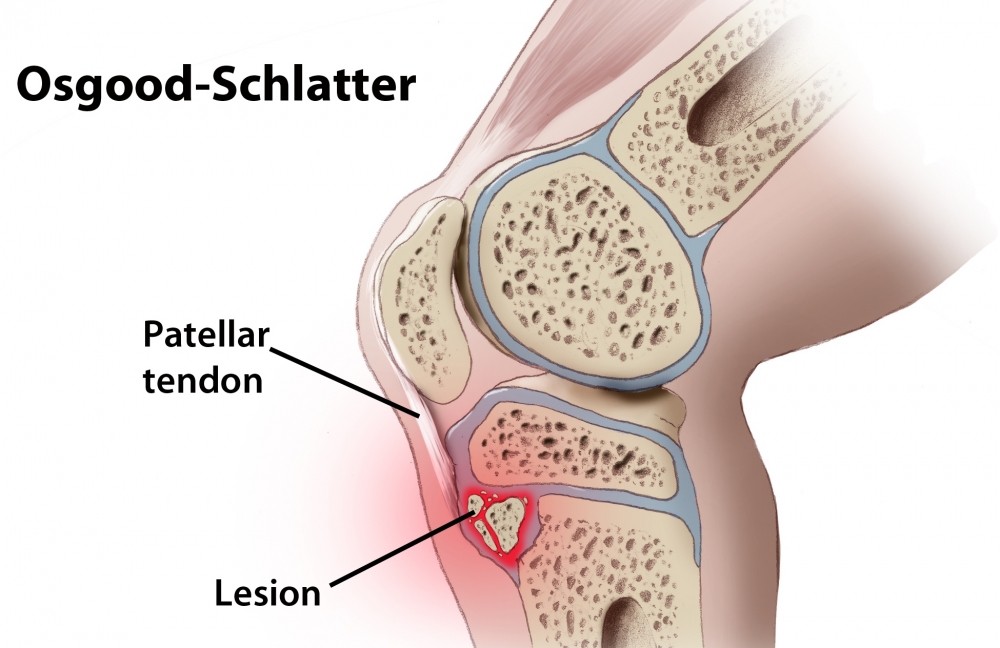 Osgood-Schlatters is a growing disorder involving the top of the shin bone (the tibia), where our quadricep muscles and patella tendon attach on the tibia bone (the apophysis)- this area of tibia bone is an unclosed growth area in kids. Repeated traction on this growth area can cause bone injury (and likely an inflammatory process) resulting in pain just below the knee when a child is doing activities such as running, jumping, stair climbing, or even walking when severe, and other activities that put too much stretch through our quads muscle in our thigh.
Osgood-Schlatters is a growing disorder involving the top of the shin bone (the tibia), where our quadricep muscles and patella tendon attach on the tibia bone (the apophysis)- this area of tibia bone is an unclosed growth area in kids. Repeated traction on this growth area can cause bone injury (and likely an inflammatory process) resulting in pain just below the knee when a child is doing activities such as running, jumping, stair climbing, or even walking when severe, and other activities that put too much stretch through our quads muscle in our thigh.
What will a Child with Osgood-Schlatters complain of?
We typically see younger children complaining of specific to the knee region, in particular just below the knee where the tibial apophysis is (the attachment of the patella tendon).
Pain will be worse with exercise (particularly running & jumping & climbing) and activities that contract or stretch the quads. Pain will usually settle when exercising stops. The apophysis will be tender to push on, and your child may also complain of pain when kneeling.
In the later stages of presentation there can be a ‘lump’ present and sometimes quadriceps muscle weakness.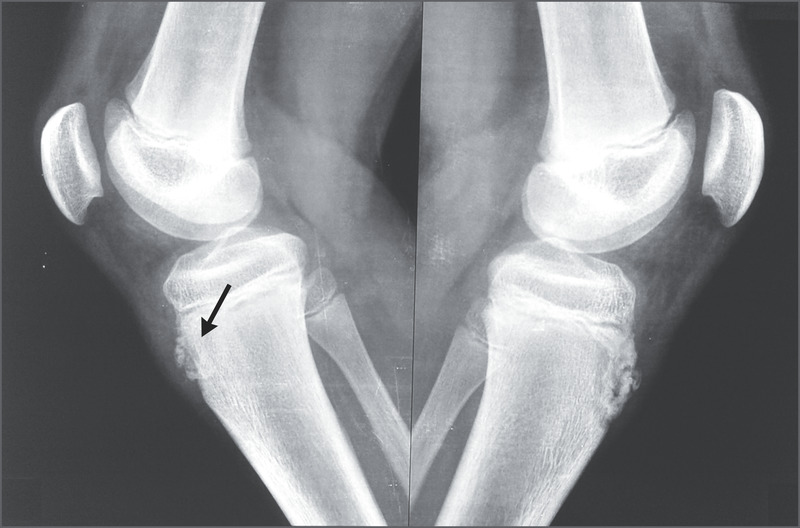
It usually occurs with a history of recent rapid growth in children, or where sport and exercise has significantly increased – for example, a child may play school rugby but then makes the rep team so training and games increase significantly during the week, or a child that loves basketball may also make the school running team and have training for both sports during the week.
An xray or MRI are not usually necessary for diagnosis unless another type of bony fracture is suspected. If an xray is taken, you will see a “mottled” presentation of the bone at the site of the apophysis where the pain is coming from.
So what can we do to help settle the pain and get our children back playing sport pain free?
If we are seeing an early, mild reaction, pain can typically settle in a few days with rest from aggravating activities.
If pain is more marked or has been present for longer, we would advise a Physio consult to plan full management, including modification to training, and advice around time-frames of resolution.
Osgood-Schlatters will always resolve, but sometimes it may take many months for the pain to settle if activity/exercise is excessive for the period of child growth and state of bony injury.
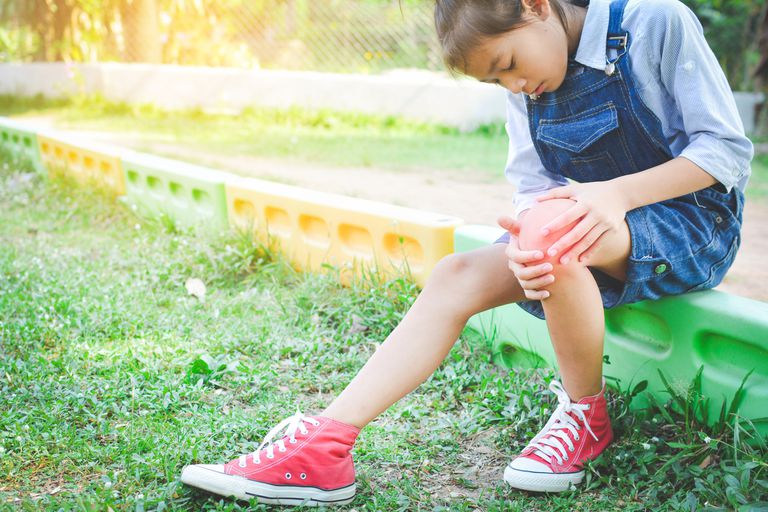 So what does management involve?
So what does management involve?
- Advice around the use of Ice
- Reduction or ceasing impact activities until pain resolves
- Progression from basic strengthening to then using strengthening specific to the sports demands, to then incorporating sport specific exercises
- Appropriate stretching, foam roller use or trigger point release work
- Osgood Schlatter syndrome runs a self-limiting course, and usually complete recovery is expected with closure of the tibial growth plate (apophysis). Overall prognosis for Osgood Schlatter syndrome is good, except for some discomfort in kneeling and activity restriction in a very few cases.
Why see your local physiotherapist?
The Sports Physio’s at Gold Coast Physio & Sports Health are able to quickly and clinically diagnose Osgood Schlatter’s based on your child’s history and presentation. We can then tailor a specific plan for your child, and liaise with their coach if needed. We consider what your Child’s needs and sport demands are, and what you and your child aim to achieve with sport or exercise based on their age. We will provide the best rehabilitation plan possible.
Phone 07 5500 6470 for an appointment.

